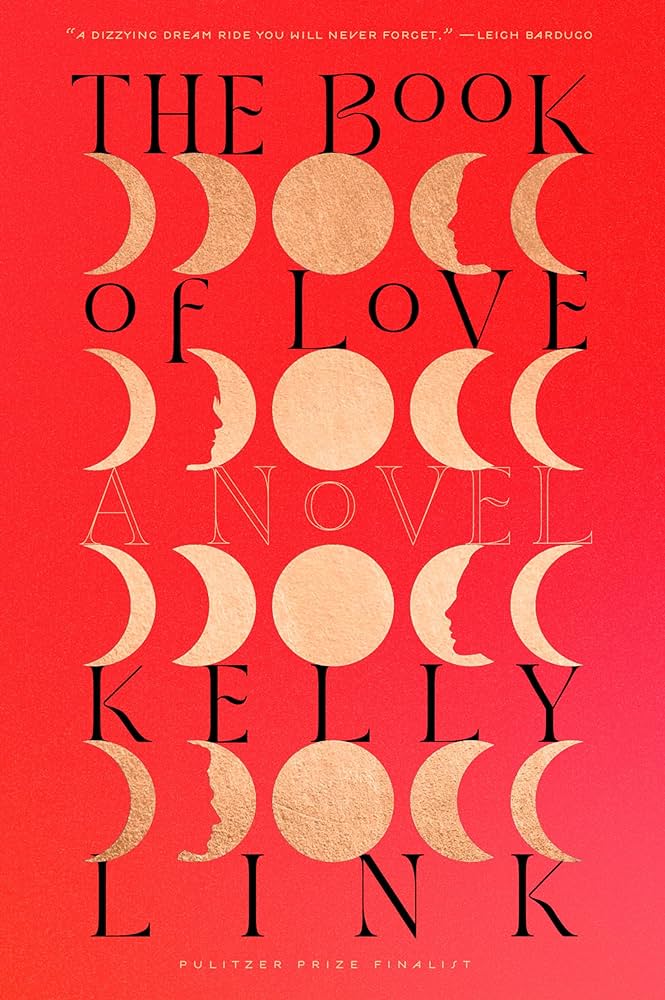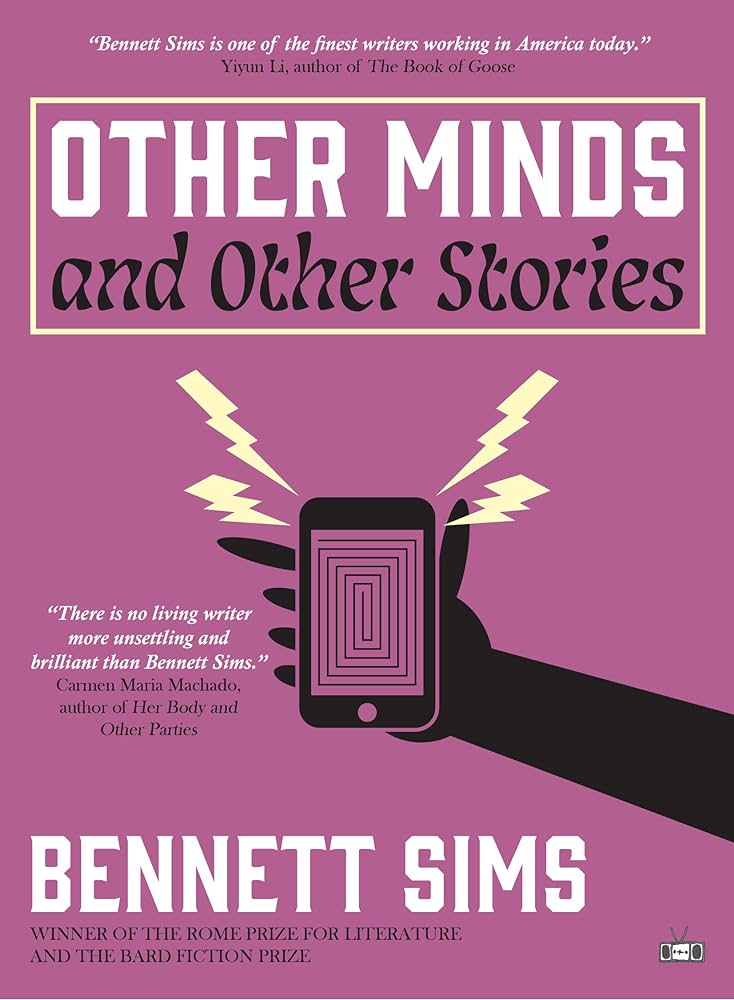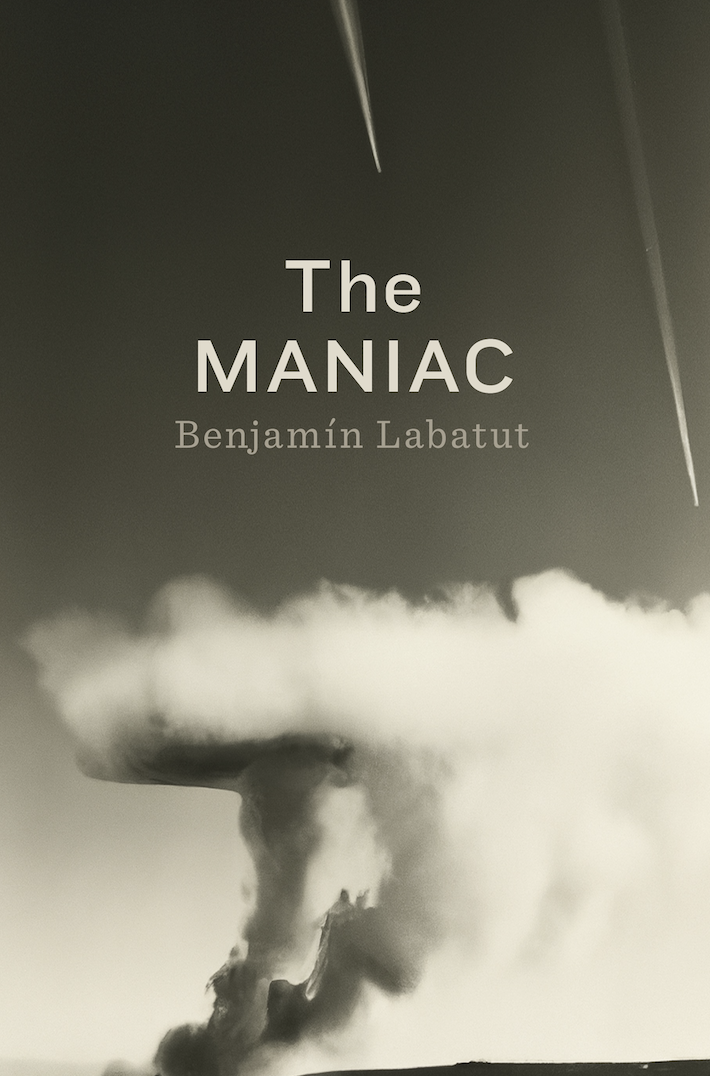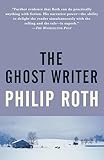
 The title of Nathan Englander’s new collection of short stories unmistakably references Raymond Carver’s What We Talk About When We Talk About Love (on which: more later), but it is the question articulated by that title, the matter of What We Talk About When We Talk About Anne Frank that I want to take up first. The subject of Anne Frank — if we may take her somewhat unnerving appearances as a fictional character as a form of evidence — is, for certain writers, a singularly tempting one. Part-muse, part-rival, she storms the late-twentieth, early-twenty-first century novel, an improbable survivor testifying to human cruelty and human resilience, the full range of human experience borne on her shoulders. There she is, posing as Amy Bellette, the intriguingly-accented, large-eyed seductress of Nathan Zuckerman’s wildest erotic dreams and fantasies of filial duty in Philip Roth’s Ghost Writer. And here she is, again, holed up in an upstate-New York attic, foul-mouthed, decrepit, toiling on a novel and making a neurotic man’s life hell in Shalom Auslander’s recent debut novel Hope: A Tragedy. What do these manifestations of the paradigmatic child-martyr tell us about her and about us? If these fictional examples are anything to go by, it is mostly that when we talk about Anne Frank we are not talking about Anne Frank at all.
The title of Nathan Englander’s new collection of short stories unmistakably references Raymond Carver’s What We Talk About When We Talk About Love (on which: more later), but it is the question articulated by that title, the matter of What We Talk About When We Talk About Anne Frank that I want to take up first. The subject of Anne Frank — if we may take her somewhat unnerving appearances as a fictional character as a form of evidence — is, for certain writers, a singularly tempting one. Part-muse, part-rival, she storms the late-twentieth, early-twenty-first century novel, an improbable survivor testifying to human cruelty and human resilience, the full range of human experience borne on her shoulders. There she is, posing as Amy Bellette, the intriguingly-accented, large-eyed seductress of Nathan Zuckerman’s wildest erotic dreams and fantasies of filial duty in Philip Roth’s Ghost Writer. And here she is, again, holed up in an upstate-New York attic, foul-mouthed, decrepit, toiling on a novel and making a neurotic man’s life hell in Shalom Auslander’s recent debut novel Hope: A Tragedy. What do these manifestations of the paradigmatic child-martyr tell us about her and about us? If these fictional examples are anything to go by, it is mostly that when we talk about Anne Frank we are not talking about Anne Frank at all.
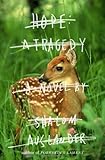 When we — and by “we” here I naturally mean Next-Big-Thing Jewish authors, men reaching for the height of their creative powers — talk about Anne Frank, we seem to be invoking a wide swath of anxieties, a whole megillah of insecurities, real and imagined angst that has everything and nothing to do with Anne Frank herself. Still, she has the tendency to lend gravitas to the proceedings at hand, to signal that whatever else is being discussed, it is serious indeed. In the title story of Englander’s collection, for example, when the narrator and his wife and their guests, a Hasidic couple visiting from Jerusalem, decide, after smoking some pot, to play “the Anne Frank game,” the reader knows that something portentous, something Terribly Significant, is coming. That game, a.k.a. “the Righteous Gentile Game,” a.k.a. “Who Will Hide Me?,” involves ascertaining, “in the event of an American Holocaust, …which of our Christian friends would hide us.” (Curiously, Solomon Kugel, the hapless hero of Hope, enjoys a one-player version of the game, his thoughts on the topic of who might hide him and his family — and what he ought to bring along to the business of sitting out a genocide — forming a sort of refrain through the novel.) In “What We Talk About When We Talk About Anne Frank,” the two couples — our narrator and his wife Deb, her former schoolmate Shoshana and her husband Mark — decide to up the ante, to imagine each other as the (possibly Righteous) Gentiles, and the “Anne Frank Game” becomes a dubious session of marital therapy, a process for working through neuroses by forming new neuroses still.
When we — and by “we” here I naturally mean Next-Big-Thing Jewish authors, men reaching for the height of their creative powers — talk about Anne Frank, we seem to be invoking a wide swath of anxieties, a whole megillah of insecurities, real and imagined angst that has everything and nothing to do with Anne Frank herself. Still, she has the tendency to lend gravitas to the proceedings at hand, to signal that whatever else is being discussed, it is serious indeed. In the title story of Englander’s collection, for example, when the narrator and his wife and their guests, a Hasidic couple visiting from Jerusalem, decide, after smoking some pot, to play “the Anne Frank game,” the reader knows that something portentous, something Terribly Significant, is coming. That game, a.k.a. “the Righteous Gentile Game,” a.k.a. “Who Will Hide Me?,” involves ascertaining, “in the event of an American Holocaust, …which of our Christian friends would hide us.” (Curiously, Solomon Kugel, the hapless hero of Hope, enjoys a one-player version of the game, his thoughts on the topic of who might hide him and his family — and what he ought to bring along to the business of sitting out a genocide — forming a sort of refrain through the novel.) In “What We Talk About When We Talk About Anne Frank,” the two couples — our narrator and his wife Deb, her former schoolmate Shoshana and her husband Mark — decide to up the ante, to imagine each other as the (possibly Righteous) Gentiles, and the “Anne Frank Game” becomes a dubious session of marital therapy, a process for working through neuroses by forming new neuroses still.
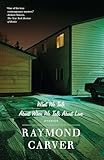 Like Raymond Carver, to whom he is admittedly, unabashedly indebted, Englander mines the intersection of the stunningly obvious and the subtly but potently implied. The tension of his best stories, as in Carver’s best stories, resides in the fissures that slowly open up in the fabric of what had been assumed with little thought, with no reservation. Invoking Anne Frank — her innocence, her belief in the fundamental goodness of people — heightens the tension to a nearly unbearable degree; that Englander walks the fine, fine line between manipulation and genuineness, that he manages the strain of his material, positions him as Carver’s rightful heir.
Like Raymond Carver, to whom he is admittedly, unabashedly indebted, Englander mines the intersection of the stunningly obvious and the subtly but potently implied. The tension of his best stories, as in Carver’s best stories, resides in the fissures that slowly open up in the fabric of what had been assumed with little thought, with no reservation. Invoking Anne Frank — her innocence, her belief in the fundamental goodness of people — heightens the tension to a nearly unbearable degree; that Englander walks the fine, fine line between manipulation and genuineness, that he manages the strain of his material, positions him as Carver’s rightful heir.
Such genealogy matters. Anne Frank, I would wager, resonates with writers because she is a writer, the author of one of the twentieth-century’s most indelible works. It is her voice — uncalculated, authentic, a voice on the cusp of learning something significant about itself — her ability to command our attention, her power over us, that we are talking about when we talk about Anne Frank. (It is no coincidence, surely, that both Roth and Auslander imagine their respective Anne Franks as writers.) Anne Frank — at least the idealized Anne Frank — speaks to our better selves, and she speaks to our writers’ desire to say something meaningful, something immortal. (This last concern is explored in “The Reader,” one of the more opaque stories in the collection, a perhaps-too-literal allegory about the relationship that exists between the portentously identified Author and the sole determined reader who appears, angel-like, at stops on the Author’s promotional tour for his latest.)
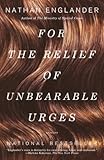 Englander announced himself as the Great Practitioner of the Short Story with his first collection For the Relief of Unbearable Urges. At once profoundly sad and terribly funny — amusingly despondent? dejectedly comical? — the stories in Urges considered the absurdities and indignities of contemporary life at an empathetic remove. In Anne Frank, Englander builds on his earlier accomplishment, masterfully honing in on the tiny details and producing a finely drawn vision of lives colored by shame and despair and longing and the barely concealed, terrifying capacity for impotent rage. Neither wallowing nor fleeing, Englander suggests that none of us is truly “righteous.” Which is perhaps why we talk — and talk and talk — about Anne Frank, endlessly hoping to satisfy some unbearable urge.
Englander announced himself as the Great Practitioner of the Short Story with his first collection For the Relief of Unbearable Urges. At once profoundly sad and terribly funny — amusingly despondent? dejectedly comical? — the stories in Urges considered the absurdities and indignities of contemporary life at an empathetic remove. In Anne Frank, Englander builds on his earlier accomplishment, masterfully honing in on the tiny details and producing a finely drawn vision of lives colored by shame and despair and longing and the barely concealed, terrifying capacity for impotent rage. Neither wallowing nor fleeing, Englander suggests that none of us is truly “righteous.” Which is perhaps why we talk — and talk and talk — about Anne Frank, endlessly hoping to satisfy some unbearable urge.




